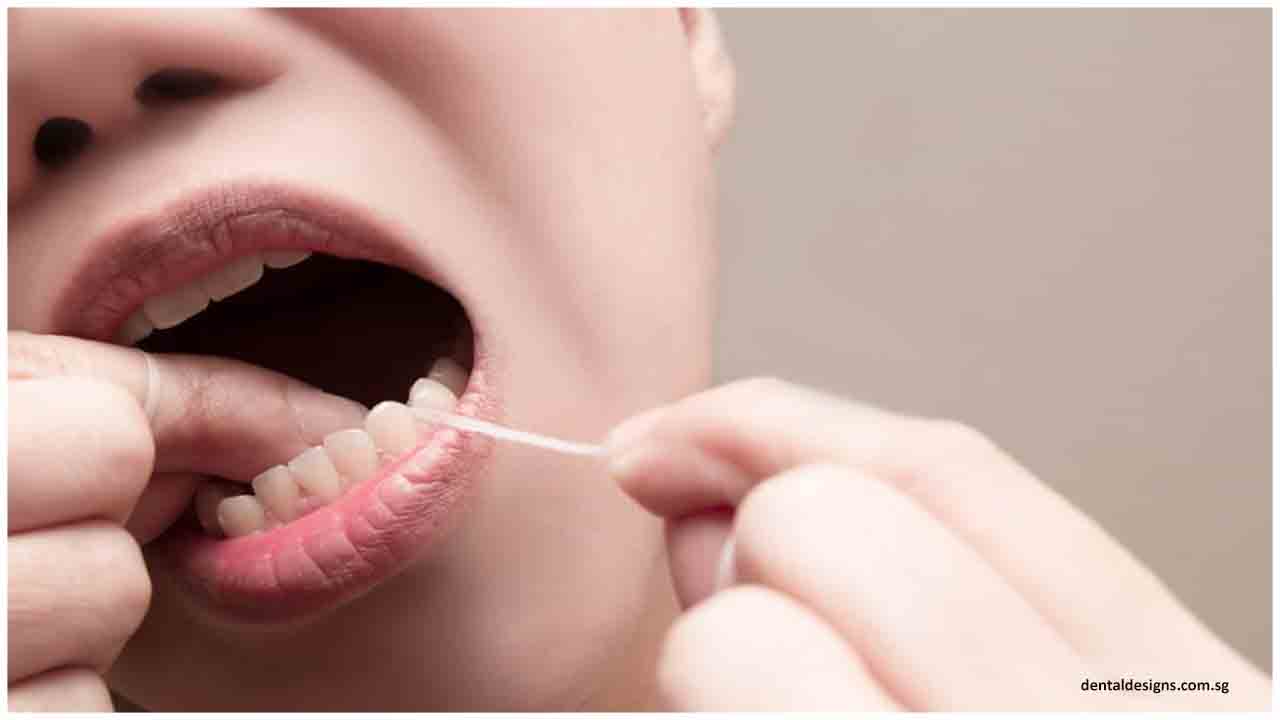Around more than 10 million people have been inflicted with the novel coronavirus across the globe. In the absence of specific treatment, people with COVID-19 infection are presently being attended for their symptoms such as fever, cough and breathlessness.
Doctors have verified that older people and people with comorbidities are more likely to get significant symptoms of the infection. However, a study publicized in the British Dental Journal on 26 June 2020 stated that poor oral hygiene could heighten the risk of infection in people, especially those with comorbidities. Prior studies have shown that elevated bacterial and viral loads in the mouth complicate the pre-existing systemic diseases such as cardiovascular disease, cancer and autoimmune diseases, thus rendering them prone to suffering severe symptoms of COVID-19 infection.
The study acknowledges that bacterial load from the mouth can emerge in bacterial superinfection and complications such as pneumonia, acute respiratory distress syndrome and sepsis in COVID-19 patients.
It is observed that infection in the lower respiratory tract happens either due to inhalation of microorganisms present in aerosolized infectious droplets or by aspirating microorganisms present in the infectious oral cavity such as P. gingivalis, F. nucleatum and P. intermedia.
Due to low oral hygiene, there can be severe inflammation in the gums. This is followed by the damage of the underlying bone which is medically called periodontitis.
There are specific enzymes such as aspartate and alanine aminotransferase (AST, ALT), lactate dehydrogenase (LDH), creatine kinase (CK), alkaline and acidic phosphatase (ALP, ACP) and gamma-glutamyl transferase (GGT) which are existing in the saliva of a person suffering from periodontitis.
These enzymes alter the mucosa of the mouth in such a way that it permits the lung-infection causing bacteria to stick and grow on the mucosa.
The scientists further stated that the cytokines (a type of immune cell of the body) such as InterLeukin-1 and TNF present in a periodontally-diseased tissue can get mixed in the saliva and can be aspirated by the lungs. These cytokines generate some variations in the cellular layer of the lungs which supports the growth of infection-causing bacteria in the lungs.

 The study acknowledges that bacterial load from the mouth can emerge in bacterial superinfection.
The study acknowledges that bacterial load from the mouth can emerge in bacterial superinfection.









.jpg)


.jpeg)






.jpeg)





.jpg)





